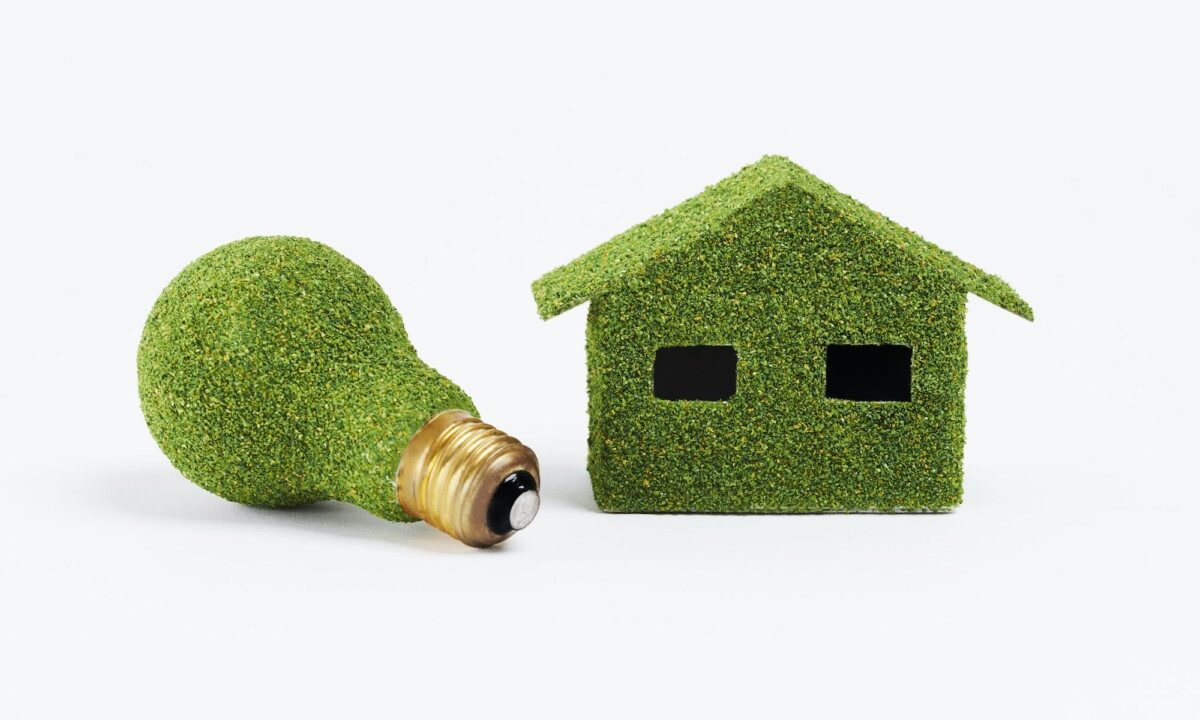How Climate Change Is Impacting Real Estate Markets Around the World
Climate change is having a significant impact on real estate markets around the world. Rising sea levels, extreme weather events, and other climate-related hazards are making some properties less desirable and more expensive to insure. This is leading to changes in demand and prices, and it is forcing investors and homeowners to take climate change into account when making decisions about real estate.
How is climate change impacting real estate markets?
The impact of climate change on real estate markets is varied and depends on a number of factors, including the location of the property, the type of property, and the severity of the climate impacts.
Some of the most common impacts of climate change on real estate markets include:
- Increased risk of flooding: Rising sea levels and more intense storms are increasing the risk of flooding in coastal areas. This is making some properties less desirable and more expensive to insure.
- Increased risk of wildfires: Climate change is making wildfires more frequent and intense. This is making some properties in fire-prone areas less desirable and more expensive to insure.
- Increased risk of extreme heat: Climate change is making heat waves more frequent and intense. This is making some properties in hot-weather areas less desirable and more difficult to live in.
- Decreased property values: In some cases, the impact of climate change can lead to a decrease in property values. This is because properties that are more at risk of climate-related hazards are less desirable to buyers.
- Increased insurance costs: The risk of climate-related hazards is also increasing insurance costs for homeowners and businesses. This is making it more expensive to own and operate a property in some areas.
The impact of climate change on real estate markets is a global issue. It is affecting property prices and demand in all parts of the world, but the impact is felt most acutely in coastal areas and in regions that are prone to extreme weather events.
How can real estate investors and homeowners adapt to climate change?
There are a number of things that real estate investors and homeowners can do to adapt to climate change. These include:
- Buying property in less climate-vulnerable areas: If possible, investors and homeowners should avoid buying property in areas that are at high risk of climate-related hazards.
- Insurance: Investing in insurance can help to protect against the financial losses that can result from climate-related events.
- Retrofitting properties: Homeowners can retrofit their properties to make them more resilient to climate change. This could include installing flood barriers, fireproofing materials, or solar panels.
- Planning for the future: Investors and homeowners should plan for the future and consider how climate change could impact their property. This could include making investments that will make their property more valuable in the long run.
The impact of climate change on real estate markets is a complex issue, but it is one that investors and homeowners need to be aware of. By taking steps to adapt to climate change, investors and homeowners can protect their investments and ensure that their properties remain valuable in the future.





